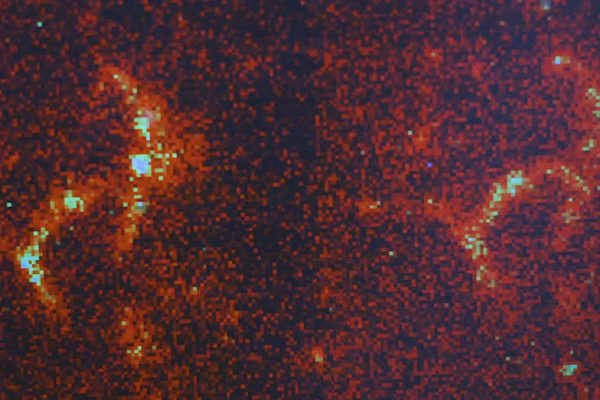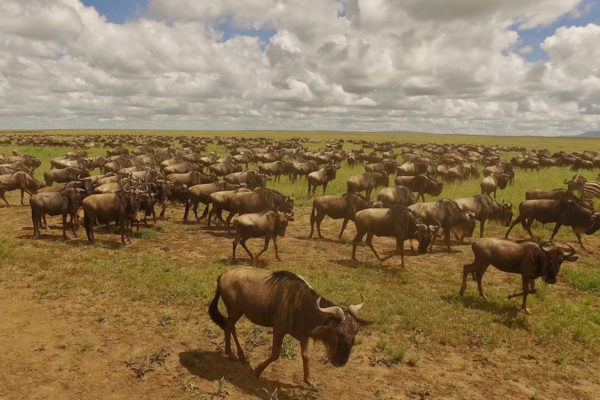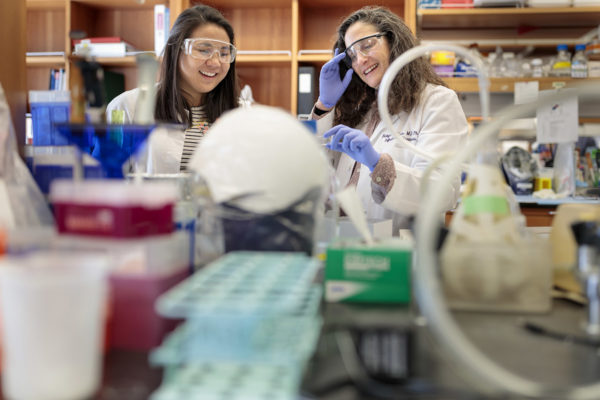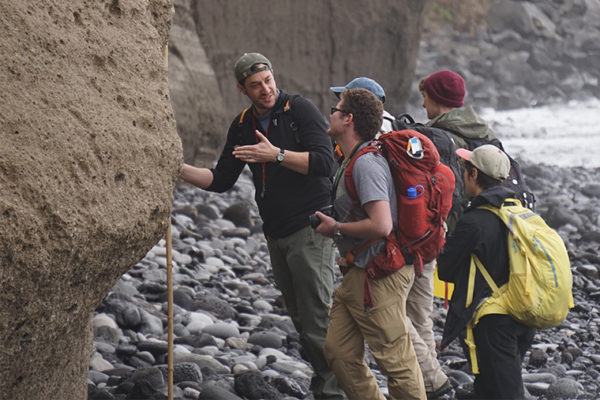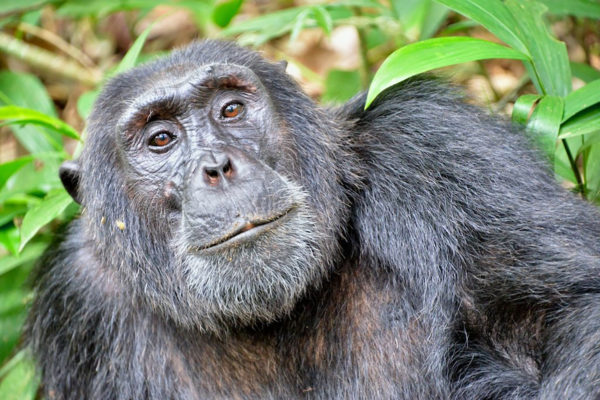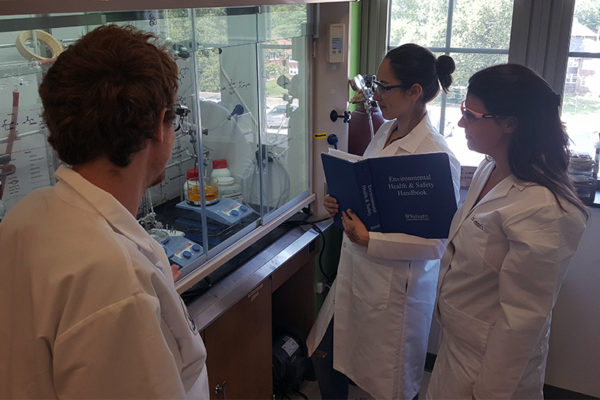‘Blink’ and you won’t miss amyloids
Tiny protein structures called amyloids are key to understanding certain devastating age-related diseases, but they are so minuscule they can’t be seen using conventional microscopic methods. A team of engineers at Washington University in St. Louis has developed a new technique that uses temporary fluorescence, causing the amyloids to flash or “blink”, allowing researchers to better spot these problematic proteins.
Fall Assembly Series: making connections, telling stories, sharing truths
Good stories feed us universal truths and instruct us on how to live more fully in this world. This fall, the Assembly Series is presenting many gifted storytellers. The series launches Sept. 12 with author, poet and alum Qiu Xiaolong.
School of Law opens Immigration Law Clinic
The School of Law has launched a new immigration clinic, aimed at helping students learn how to handle immigration matters affecting low-and moderate-income people.
Ancient livestock dung heaps are now African wildlife hotspots
Often viewed as wild, naturally pristine and endangered by human encroachment, some of the African savannah’s most fertile and biologically diverse wildlife hotspots owe their vitality to heaps of dung deposited there over thousands of years by the livestock of wandering herders, suggests new research in the journal Nature.
Washington People: Robyn Klein
Robyn Klein, MD, PhD, has never bought into the idea that girls and women don’t do science. Not only is Klein — vice provost and associate dean for graduate education for the Division of Biology & Biomedical Sciences — a well-respected expert in neuroimmunology and neuroinfectious diseases, she works hard to promote diversity in science.
Field Notes | Azores, Portugal
Students in an undergraduate class in Arts & Sciences traveled to the remote Portuguese Azores archipelago to study field geology techniques in a rugged landscape shaped by volcanoes and shifting tectonic plates.
What Washington University students did on their summer vacation
Washington University in St. Louis students spent the summer of 2018 conducting groundbreaking research, serving their communities and working in their fields.
National award honors chemistry department’s safety innovation
The Department of Chemistry in Arts & Sciences recently received an Innovation Award from the Campus Safety, Health, and Environmental Management Association and Association of Public and Land-grant Universities in recognition of its outstanding program that improves research safety on campus.
Flags lowered in memory of Sen. John McCain
The U.S. and university flags over Brookings Hall are lowered to half-staff in memory of U.S. Sen. John McCain until sunset Sunday, Sept. 2. McCain died Aug. 25 at age 81.
Emergency communication system to be tested Sept. 6
Washington University in St. Louis will test its emergency communication system at 12:05 p.m. Thursday, Sept. 6. The test will take place unless there is the potential for severe weather or another emergency is occurring at that time.
View More Stories
